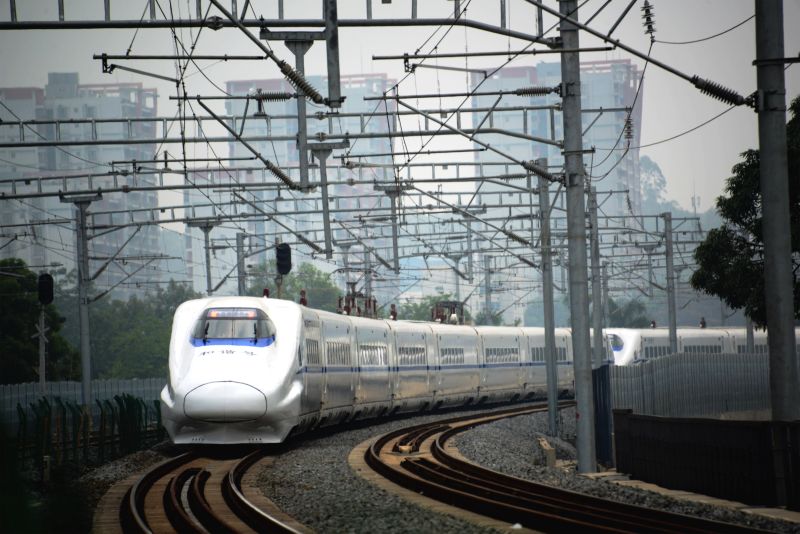China’s Rapid Expansion of High-Speed Rail
In just six years since the introduction of its first high-speed rail line, China has established a remarkable network comprising 6,800 miles of dedicated track. This expansion positions China as the global leader in high-speed rail systems.
Extensive Connectivity
The extensive rail network efficiently connects nearly every major city in eastern China, ranging from Harbin in the north to Shenzhen, which is close to the Hong Kong border.

Impressive Speeds
While most routes on the network operate at speeds between 125 mph and 190 mph, certain lines allow trains to reach nearly 220 mph. This level of speed significantly enhances travel efficiency.

Adoption by Travelers
Due to attractive pricing and the promise of punctual arrivals, many travelers in China are increasingly opting for high-speed trains over airlines. This trend indicates a significant shift in transportation preferences among the populace.

Challenges and Safety Concerns
Despite the efficiency of China’s high-speed trains, challenges remain. The system’s construction was a large financial undertaking, impacting the budget of the former Railway Ministry significantly. Furthermore, public trust faced hurdles following a serious accident in 2011, prompting questions about safety standards.

Conclusion
Ultimately, the rapid development of China’s high-speed rail network illustrates an impressive achievement in modern transportation. With ongoing advancements, it continues to reshape how people in China travel, representing a significant shift towards faster, more efficient options.
Most stock quote data provided by BATS. US market indices are shown in real-time, except for the S&P 500, which is refreshed every two minutes. All times are ET. FactSet: FactSet Research Systems Inc. All rights reserved. Chicago Mercantile: Certain market data is the property of Chicago Mercantile Exchange Inc. and its licensors. All rights reserved. Dow Jones: The Dow Jones branded indices are proprietary to and are calculated, distributed and marketed by DJI Opco, a subsidiary of S&P Dow Jones Indices LLC and have been licensed for use to S&P Opco, LLC and CNN. Standard & Poor’s and S&P are registered trademarks of Standard & Poor’s Financial Services LLC and Dow Jones is a registered trademark of Dow Jones Trademark Holdings LLC. All content of the Dow Jones branded indices Copyright S&P Dow Jones Indices LLC and/or its affiliates. Fair value provided by IndexArb.com. Market holidays and trading hours provided by Copp Clark Limited.




